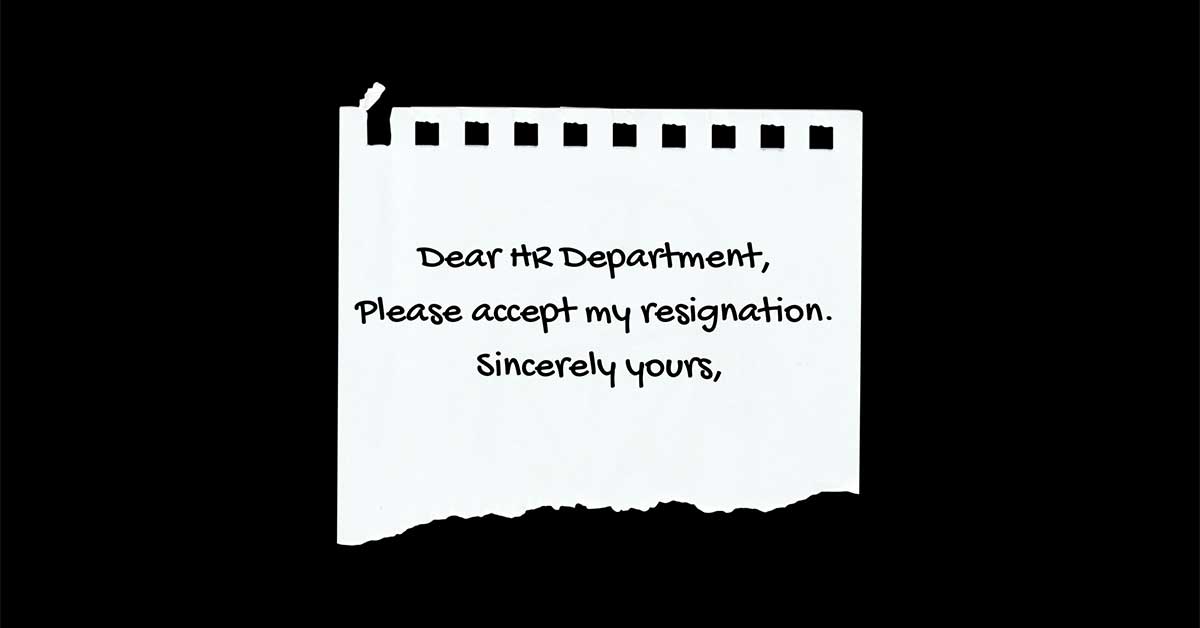Busy, Busy, Busy (does NOT make you terribly important)
There is an unspoken competition going on in boardrooms, open plan offices, call centres and even in espresso bars!
When asked the everyday question: “how are you?”, too often the answer is “good, but busy”. It seems that being busy is a statement which excuses you for being short or abrupt, in a grumpy mood, not delivering on a promise, rescheduling your 1:1 (again) and so the list goes on. What’s troubling is that the competition to prove ‘I am busier than you’ takes up time and effort – time and effort which could be spent doing that 1:1 or delivering on promises.
People hide behind the excuse of being busy in all walks of life. We live in a world of ‘busy-wars’ and this has transcended into the workplace, from competitive meetings to everyday interactions.
The issue is that we need to stop and ask ourselves whether telling people we are busy is getting in the way of being effective leaders.
Don’t get me wrong, the fact is that we are busy – all of us – for different reasons, often with conflicting priorities and with different motivations. Some of us need to be busy to be effective and thrive on being busy, others genuinely find their schedule over-whelming and are fearful of not being able to deliver. As leaders, this presents issues because it is their job to ensure that they not only inspire purpose into teams but build a level of intimacy in work relationships that allow others to question, to challenge, to let us know what they think.
Barrier to Effective Engagement
Telling people that you are busy is not an answer to the question: “how are you?” In fact, how often do you hear the response “me too?” especially from members of your team? This kind of one-upmanship provides no meaningful understanding of what is really happening or how you as a leader can support your team member. It creates a barrier to effective engagement, perpetuating a culture of ‘self-importance’ where being busy is something to be proud of (and tell everybody about).
Telling someone you are busy also tells them that your time is more important than theirs – the person feels they are intruding or adding a burden to your already ‘full’ day. Strong leaders take the time to provide their people with opportunities to talk in spite of their workload. Being busy is a mindset, a reason not to talk, or probe, or question. What’s more, it means that you miss the nice moments, the moments of fun and banter in the workplace that allow us to fully appreciate other people, build relationships and gauge the mood of a situation.
Consider this:
- Being busy is not an excuse, it is a choice;
- The definition of busy is different for different people;
- Being busy does not make you more important than others;
- Being too busy to conduct your 1:1’s, prepare for meetings, commit to coaching sessions, et cetera will work directly against your effectiveness as a leader;
The ability to communicate in a genuine and open manner is a cornerstone of leadership; connecting with your team both formally and informally is necessary to deliver on common goals. So I set you a challenge – aim to NOT use the ‘busy’ word for one day per week; I promise you it will make you more conscious of the messages you send, how to juggle your commitments and how you engage with people.
And a closing thought – We all have 24 hours in a day, 7 days a week – how are you going to use it?



